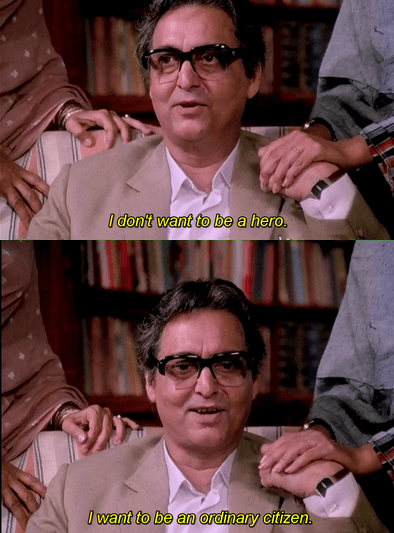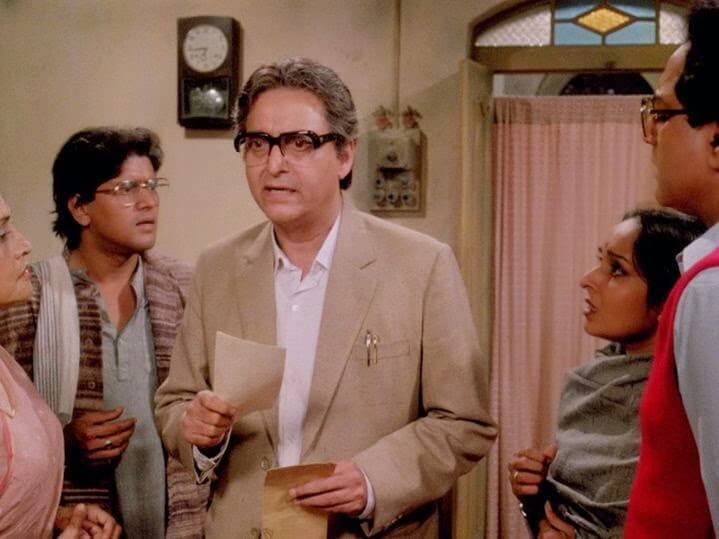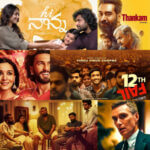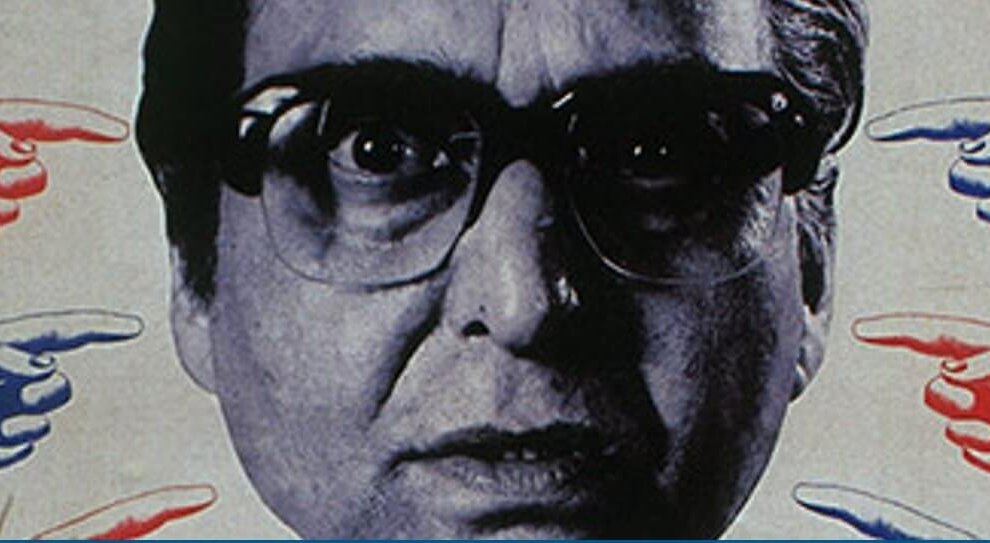Ganashatru (An Enemy of the People)
-
FilmSpell's Rating
Ganashatru
[An Enemy of the People]
Not only as a filmmaker and writer but as a thinker, Satyajit Ray was years ahead of his peers. His films and his work are constant reminders of the same. “Ganashatru” is probably his angriest film that I’ve seen till date.
In “Hirak Rajar Deshe” he shows how people in power use education as a means to suppress creative thinking and prevent any revolt against their regime, how the common people are brainwashed (literally, in the film) to believe in the government. “Ganashatru” or Enemy of the People is majorly adapted from a 1882 play of the same name by Norwegian playwright Henrik Ibsen.
In “Ganashatru”, we see Dr Ashoke Gupta (Soumitra Chatterjee), a medical practitioner in the religious town of Chandipur, finds disease-carrying bacteria in the water near the Tripureshwar Temple, the main holy attraction in the town. As someone who’s born in the town, he wanted the best for it and its people, hence he published his concerns in the local paper.
It is then, that all hell breaks loose. Everyone, including the doctor’s own brother, who’s the chairman of the local municipality, conspires to suppress this news. And it is then that we see, how the ones in power, the ones at the top of the economy chain, only care for their own gains and doesn’t hesitate to destroy anyone, no matter whatever their intentions, who would pose a threat to the fattening of their wallets.

Ray again points out how it is the system that is broken, a system that masquerades as an autonomy under the illusion of being a “democracy”. In this movie though, unlike “Hirak Rajar Deshe”, it’s not just the government, but it’s the stupid and illogical commoners who’ve been put to blame as well. Their blind and irrational faith in religion and God, without giving science and rationality a chance, has been questioned. The people who would rather believe that water can be purified by “tulsi leaves” rather than believe a doctor who says its contaminated, with test results of the same water as proof. It is the unwillingness of the general mass to look beyond their faith and religion, that keeps them in the dark, that lets the system take advantage of them.
This movie couldn’t have been more relevant than the present days. Look at the world now. A cheap, unqualified, rape culture and neo-nazi supporting “celebrity” sits in the president’s chair in the White House. In India, the government uses the army and religion as an excuse every time they are questioned. They make false promises and use diversions every time they fail to keep them. Real, independent journalism is getting choked every day when journalists who question the government are getting murdered in broad daylight. Freethinkers and people who question the government are getting suppressed and threatened, their names are getting tarnished with fake allegations by the supporters of the respective ruling parties.

This film is a scary reminder of how helpless we are, as the common people. How that one press of a button, although portrayed as something of a huge significance, ultimately doesn’t matter. Because not only in this movie but in most cases in real life, the well-wishers of the people or country are eventually turned into “Ganashatru”(Enemy of the people).
But isn’t there a slight glimmer of hope?
There is like the movie tells us as well. It’s the youth and education.
It is the youth and the educated men and women, who came to Dr Gupta’s rescue at the end, who believed in what he said, who wouldn’t give up without a fight. Whether they succeed or not, the film doesn’t show that, but what it does, is end by giving us hope, that change, if wanted, can be brought upon by the brave and fearless youth, not afraid to speak their mind against anyone. There’s hope when people like Dr Gupta exist in our societies, who, when labelled “Enemy of the People, asked to vacate his house, sacked from his job, refused to quit, but rather went as far as willing to publish an interview under the headline “Confessions of an Enemy of the People”.
Living in a broken system, that’s possibly the only hope we can cling on to.
You may also like : Call Me By Your Name [2017] Review
Edit : As someone pointed out to me, I didn’t entirely frame this as a review. You can read it as somewhat of both a review and an opinion piece on the film.
You may also like : Coco [2017] Review















Add Comment